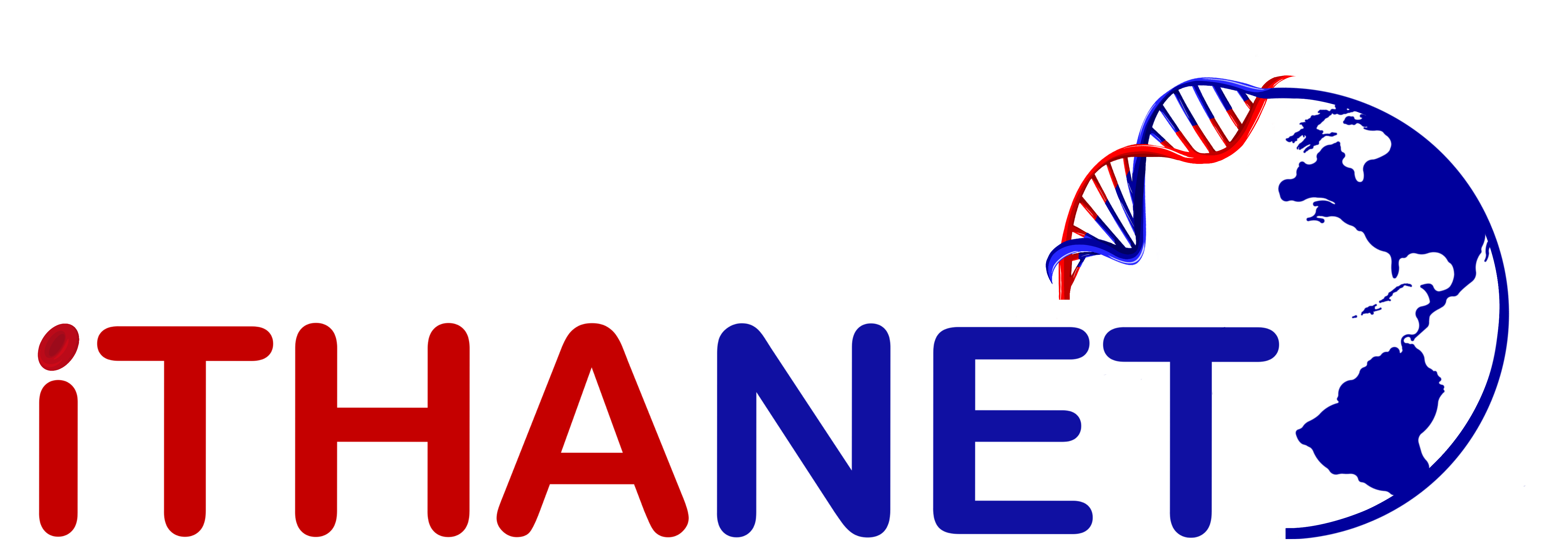
GeneID: 10
Names
| Common Name: | β | Type: | Gene |
|---|---|---|---|
| Chromosome: | 11 (NC_000011.10) | Locus: | NG_000007.3 (β-locus) |
| HUGO Symbol: | HBB | Full Name: | hemoglobin subunit beta |
| Exons: | 3 | Introns: | 2 |
Description:
HBB is a globin protein, which along with alpha globin (HBA) makes up the most common form of haemoglobin in adult humans, the HbA. It is 146 amino acids long and has a molecular weight of 15,867 Da. Normal adult human HbA is a heterotetramer consisting of two alpha chains and two beta chains (α2β2). HBB protein is produced by the β-globin gene, which is located in the multigene locus of β-globin locus on chromosome 11, specifically on the short arm position 15.5. The expression of HBB and the neighbouring globins in the β-globin locus is controlled by a single locus control region (LCR), the most important regulatory element in the locus located upstream of the globin genes. The order of the genes in the beta-globin cluster is: 5'-ε(HBE)-Gγ(HBG2)-Aγ(HBG1)-ψβ(HBBP1)-δ(HBD)-β(HBB)-3'. Several naturally occurring HBB variants have been discovered, of which HbS is the most common causing sickle-cell anaemia. Total absence of HBB causes beta-zero-thalassaemia. Reduced amounts of detectable HBB causes beta-plus-thalassaemia.
Synonyms: beta-globin , CD113t-C
Comments:
N/A
Number of entries/variants: 1285
Publications / Origin
- Higgs DR, Vickers MA, Wilkie AO, Pretorius IM, Jarman AP, Weatherall DJ, A review of the molecular genetics of the human alpha-globin gene cluster., Blood , 73(5), 1081-104, 1989
- Giardina B, Messana I, Scatena R, Castagnola M, The multiple functions of hemoglobin., Crit. Rev. Biochem. Mol. Biol. , 30(3), 165-96, 1995
- Levings PP, Bungert J, The human beta-globin locus control region., Eur. J. Biochem. , 269(6), 1589-99, 2002